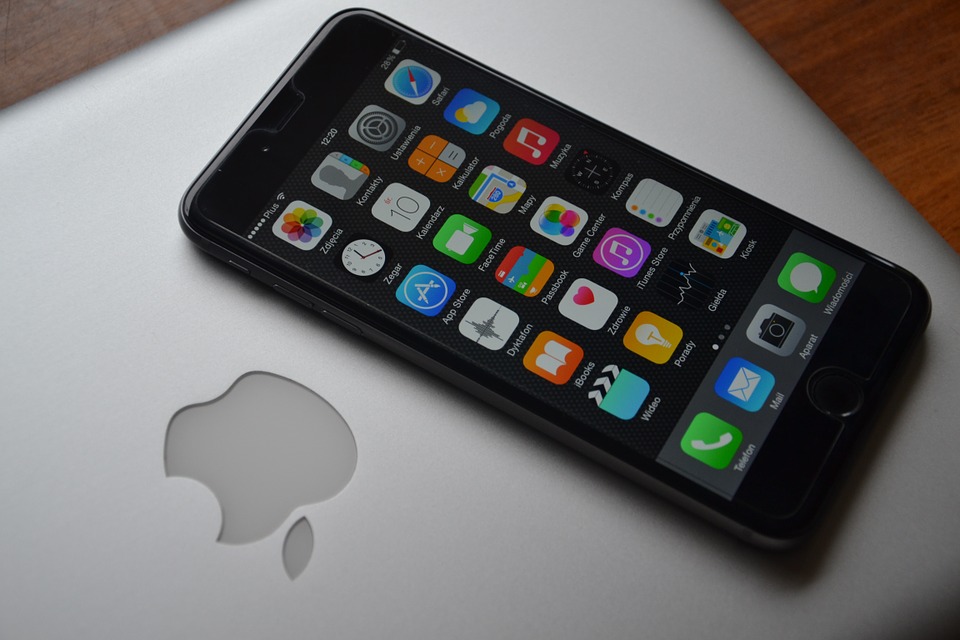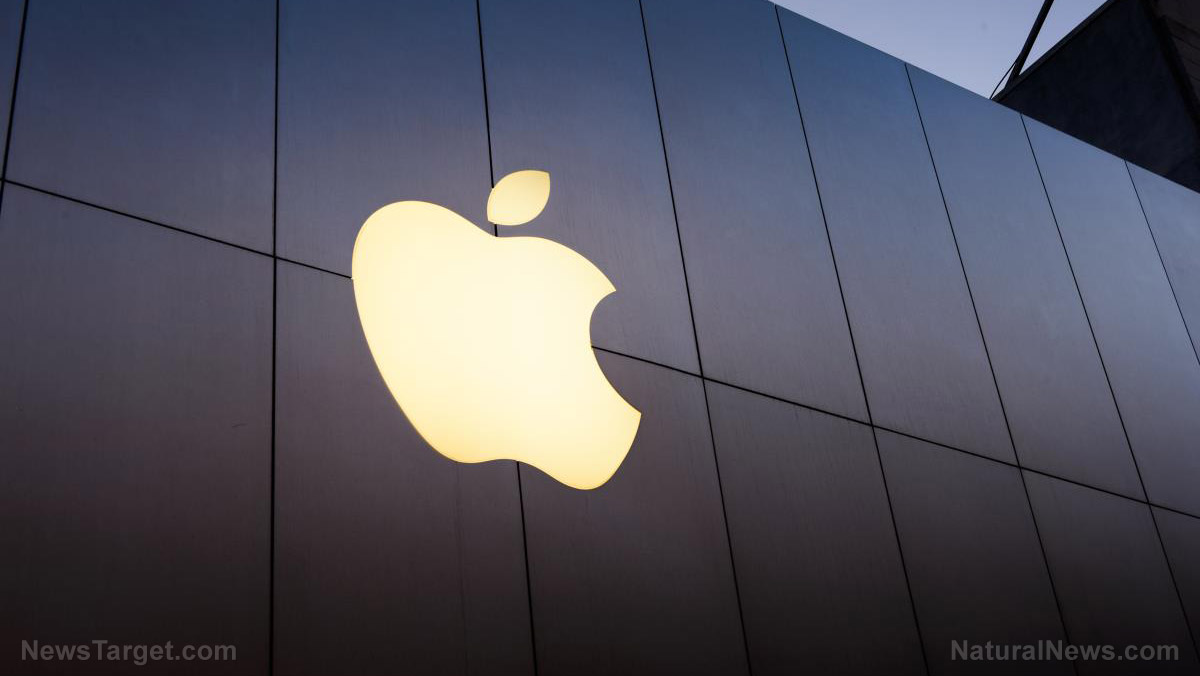
Apple became a trillion-dollar company again last week, as rumors of a China trade deal drove the Cupertino tech giant's shares to a new 52-week high. But Apple's under-the-table dealings with China's communist bosses have some of the company's biggest and most public supporters angry as hell.

(Article by Stephen Green republished from PJMedia.com)
Last Thursday, after Apple banned the HKmap.live app, which allowed Hong Kong protestors to track (and avoid) massed riot police, well-known tech blogger and Apple developer John Gruber wrote, "I still haven’t seen which local laws it violates, other than the unwritten law of pissing off Beijing." He added, "Capitulation is a bad look for Apple." Indeed. Later that day, Gruber dissected CEO Tim Cook's company-wide memo defending the move, and concluded that "it doesn't add up." He went on to write, "I can’t recall an Apple memo or statement that crumbles so quickly under scrutiny." Gruber also said that Cook's decision was "both sad and startling."
Sad? Sure. Startling? I'm less sure, given how important the Chinese market is to Apple's bottom line, and how vital China's manufacturing sector is to Apple's products. If there's anything more unreasonable and demanding than a communist thug, it's a communist thug flush with U.S. dollars.
Ben Lovejoy, another longtime Apple watcher, wrote for 9to5Mac on the same day last week that the company's "relationship with China is turning into a massive liability." Lovejoy detailed Apple's recent history of kowtowing to Chinese interests:
Back in 2017, the Chinese government asked Apple to remove the New York Times app from the Chinese App Store; Apple complied.Later the same year, China insisted that Apple remove more than 400 VPN apps from the App Store; Apple did so.
Again in 2017, the Chinese Ministry of Public Security asked Apple to remove Skype; the Cupertino company again did as requested.
Yesterday, it removed access to the Quartz news app; and today we’ve learned that it has, with a second U-turn, banned a Hong Kong protest app.
And it isn't just apps. Lovejoy notes that "China introduced a new law in 2017 that required foreign companies to use Chinese companies to store user data." What that means is, unlike the rest of the world, where Apple keeps private data secure and encrypted, Chinese customers' private data is stored by a Chinese-owned third party. "Apple insists that data is encrypted and only it holds the keys," Lovejoy writes, "but there is understandable skepticism about this" because obtaining a warrant is "a mere formality in China."
Read more at: PJMedia.com
Please contact us for more information.

























